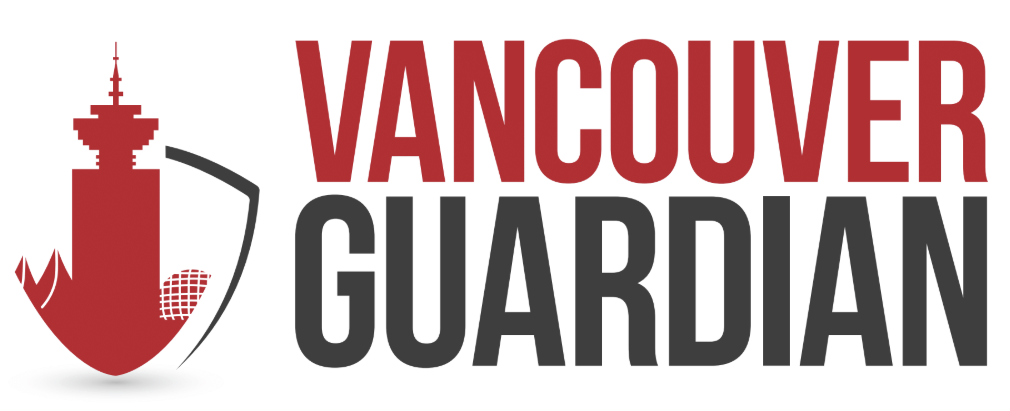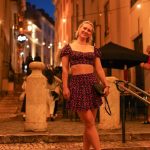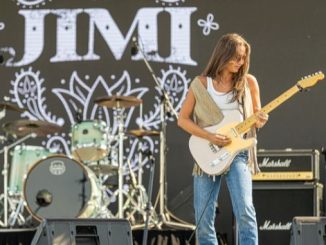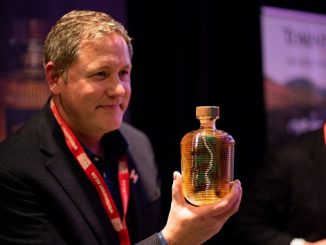We connected with Laura Barron, Executive Director of Instruments of Change. The organization aims to give people an opportunity to express themselves artistically, grow in confidence and highlight the need for arts in the community.
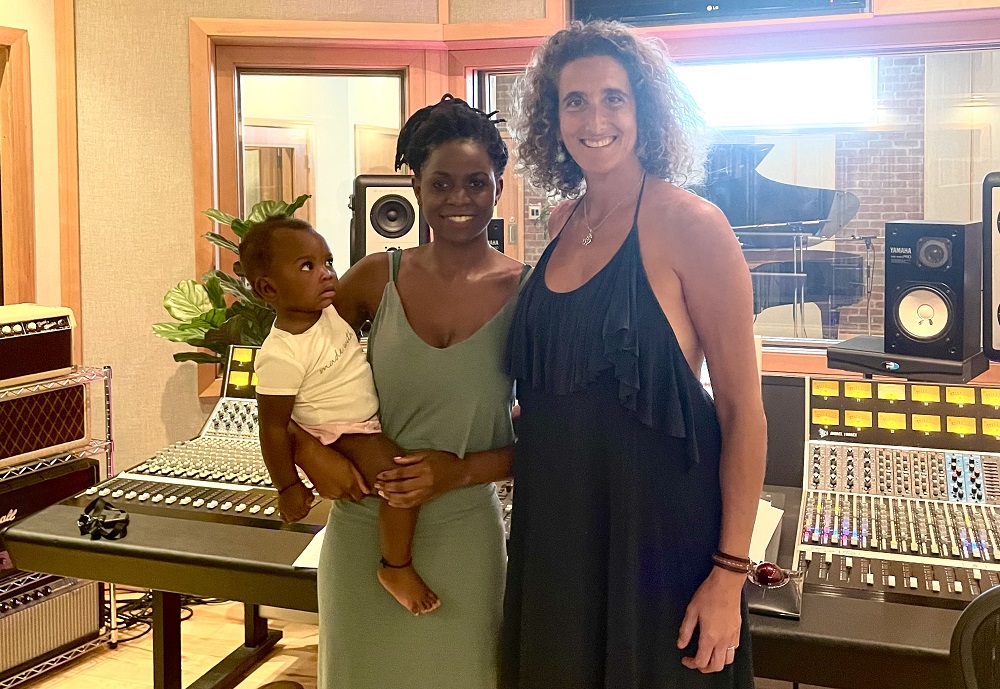
Describe your charity/non-profit/volunteer work in a few sentences.
We design expressive arts experiences that empower people to become instruments of transformative change in their own lives as they find their creative voices. Through our arts-based community development projects, which range from music to theatre to visual art to puppetry, we have reached thousands of youth and adults in schools, community centres, and prison settings by creating meaningful experiences that employ a variety of artistic modes to give both our facilitating artists and our participants opportunities to build confidence and enhance collaboration and communication skills, while fostering cross-cultural understanding.
What problem does it aim to solve?
Addressing inequity in our society, Instruments of Change strives to elevate all voices, particularly those from underrepresented communities, through our expressive arts programs. Recognizing that many people lack access to artistic expression, due to unaffordability, social and health challenges, we also aim to bring music and art to the broadest possible demographic, so they may experience, make and do art themselves. Finally, we see our work as advocates for the value of the arts by illustrating their broad-reaching benefits through our projects, performances, and stories. Given that artists are historically under-compensated for their important work, we also realize that a key way to value the arts is to value artists. So, we are proud to pay fees well above market rate, for all of our artists’ services and contributions to our community.
When did you start/join it?
I founded Instruments of Change in 2011.
What made you want to get involved?
In 2010, I was seeking more intersections between my professional passions/pursuits (as a musician and writer) and my social concerns as an activist. So, I enrolled in a mid-career, continuing education course at SFU, called Exploring Art for Social Change, taught by the Director of the International Centre for Art for Social Change, Judith Marcuse. Out of this course evolved Something Collective, a group of interdisciplinary artists who have since pursued many collaborative community arts projects together. Establishing Instruments of Change was initially a vehicle that helped us fund and amplify these projects.
What was the situation like when you started?
As mentioned, our early projects primarily involved Something Collective, as we worked with diverse populations, mostly in partnership with various community centres (Sunset, Renfrew, Roundhouse). These included community mapping projects where youth & adults identified or “mapped” how their community shaped them and how they shaped it, including different cultural, social and environmental issues present in their neighbourhood. This was done creatively, through soundscape recording, photography, mural making, toy puppet theatres, and choreography. Another early project was Women Rock, founded in 2012. This program thrived for 10 years, first in a women’s prison, and ultimately at the Carnegie Centre in the Downtown Eastside, where we provided a safe and inclusive, women-only space that allowed participants to learn to play rock instruments, form bands, manage gear and write songs.
How has it changed since?
Since our inception, Instruments of Change has grown and evolved considerably. From 2015 to 2020, we even expanded our work globally, extending Something Collective’s impact to hundreds of youth in India, Nepal, & Colombia, with arts-infused, cross-curricular projects that focused on environmental responsibility and social/emotional wellness. Also, most significantly, in 2017, in partnership with Carnegie Hall in NY, we started our Lullaby Project, now our most beloved and impactful program. Here, our team of facilitating artists works with new moms escaping violence, and families facing fertility challenges, to create personal lullabies for their babies, supporting their own mental health, aiding their child’s development, and strengthening the bond between parent and child. The 50+ beautiful songs created in this program, over 7 years, can be heard here.
What more needs to be done?
Currently, all of our efforts are focused on growing and sustaining our lullaby project, as our evaluative work has demonstrated that the personal, intimate, and deeply meaningful nature of this work is how we can best serve our objectives and the communities we serve.
How can our readers help?
Prior to 2020, we enjoyed ample government funding at the federal, provincial, and municipal levels. However, the grant landscape has changed dramatically since then. So, we’ve found that we need to rely on private donor support more than ever. Therefore, charitable contributions to our lullaby program are much needed. Donations appreciated here.
Do you have any events coming up?
Having just completed studio recordings of this year’s lullabies, we look forward to a live sharing celebration, most likely at the Sarah McLachlan School of Music (one of our many generous local community partners), on either September 14th or 21st. So, stay tuned by checking our website.
Where can we follow you?
PAY IT FORWARD: What is an awesome local charity that you love?
We love the work that Take A Hike Foundation does, harnessing the power of sport rather than the arts, to engage vulnerable youth in full-time mental health and emotional well-being programs that empower kids with the skills and resilience they need to graduate high school, build healthy relationships, navigate the challenges of young adulthood and achieve success. This is done through intensive clinical counselling and regular outdoor adventures offered by a safe and caring community.
